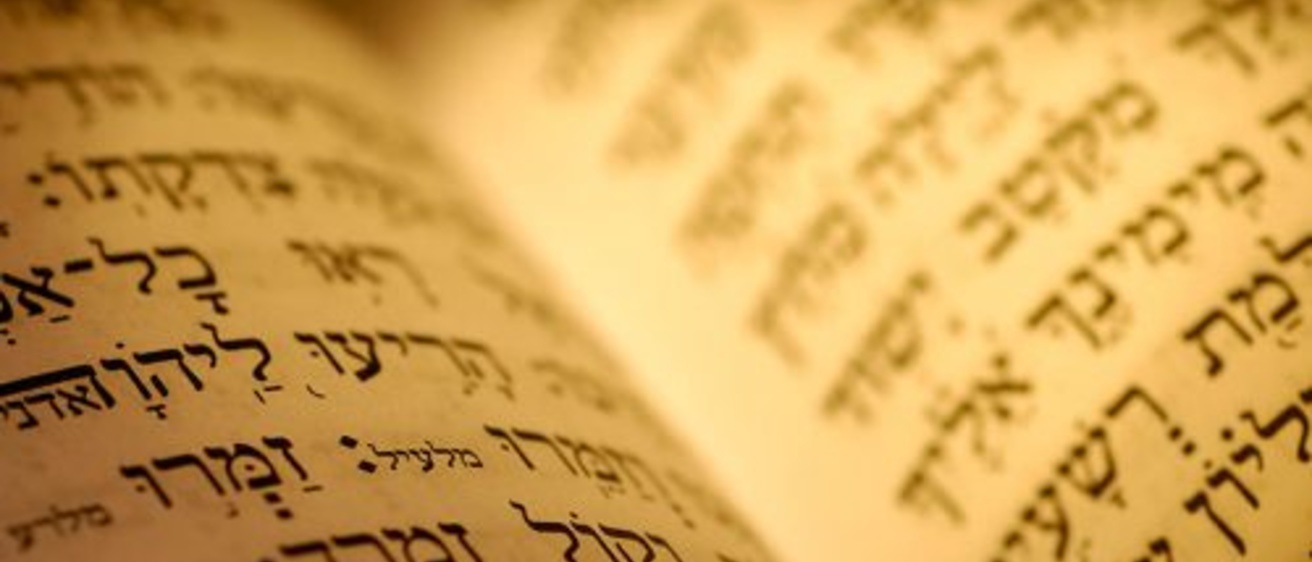This is part of a series highlighting recently formed Obermann Center Working Groups. Lisa Heineman (History and GWSS), co-director of the Jewish Studies Working Group with Ari Ariel (History and International Studies), shared her responses. Thank you, Lisa! If you are interested in starting an Obermann Working Group for 2022-23, the application deadline is April 12.
Q. This is the first year of your Working Group. What led you to start it?
A: Iowa is the only Big 10 school without a Jewish Studies program. Yet Jewish Studies is an incredibly dynamic field of study, with real contemporary relevance—and we have many terrific teachers and scholars of Jewish Studies on our campus. We were hearing from students, alumni, and parents who made clear there was a demand for the field. We decided it was time to get together and think about how to have a more meaningful presence on campus.
Q. What kinds of people and from what disciplines are participating in your Group?
A. We have faculty members from History, International Studies, German, GWSS, Classics, Religious Studies, English, Translation, the Magid Writing Center…. I hope I’m not forgetting anyone! We have emeriti and graduate students with important areas of expertise, and we have community members who play significant roles in Jewish life beyond our campus.
Q. What is the current focus of your work together?
A. Our focus during our first year has been curricular. We’re in the near-final stages of submitting our proposal for an undergraduate Jewish Studies Certificate to CLAS. In order to get to that step, we researched Jewish Studies programs on other campuses, surveyed classes already on the books at the UI, examined our own faculty strengths to think about new courses we might propose, and consulted with the Undergraduate Dean about how to make the Certificate as student-friendly as possible. We invited two directors of Jewish Studies programs elsewhere to Zoom sessions, the second one of which is coming up in a couple of weeks. In those sessions, our “outside experts” are sharing their perspectives on the current state of Jewish Studies and offering feedback on the potential for Jewish Studies at Iowa.
Q: What excites you about this topic and the possibility for either future research or campus change?
A: Since Jewish history and Jewish life today are such an important part of our diverse world, we hope that the increased visibility of Jewish Studies will encourage more students to take a course or two—even if they don’t complete a certificate. Our faculty strengths mean that our program will be strong in innovative areas such as diversity within the Jewish world and Jewish interactions with other cultures. Two courses taught by the co-directors are great examples of this: “Arabs and Jews in Israel and Palestine” and “Jews, Judaism, and Social Justice.” We also have significant strengths in more traditional areas, such as the Biblical era and the Holocaust. And our ties to the community open up opportunities for campus-community partnerships as well as programming beyond the classroom.
Once we have the Certificate up and running, we hope to expand our conversations around research and creative production as well as teaching. Members of our group are doing important research and creating works of literature and art, but so far we haven’t been able to spend all that much time in conversation about our own work. Doing so will create exciting synergies, not only for us but also for students and members of the community—locally, nationally, and internationally.
Q: Please suggest one thing that a person less familiar with this topic might look at to better understand the issues that your group is interested in.
A: There’s an astonishing number of podcasts, video series, etc. aimed at introducing non-specialists to the incredibly dynamic world of Jewish Studies. One place to start might be the podcast series of the Association for Jewish Studies, Adventures in Jewish Studies. I’ve gained exposure to a lot of new work through the Judaism Unbound podcast: interviews with scholars, artists, authors, CEOs of Jewish organizations, community organizers—a terrific array of people to learn from.
